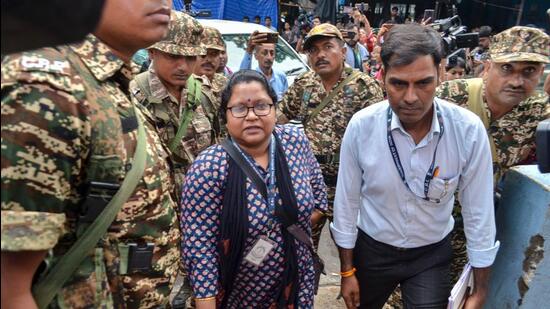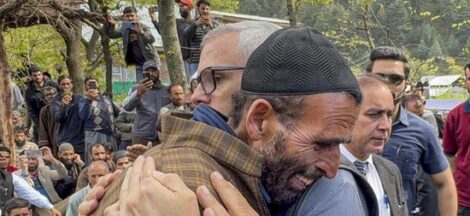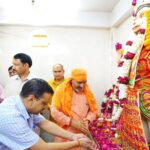The Central Bureau of Investigation (CBI) made high-profile arrests in Kolkata, detaining former RG Kar Medical College and Hospital principal Sandip Ghosh and a senior police officer in connection with corruption allegations and an alleged cover-up attempt in the case of a murdered postgraduate trainee. The arrests follow months of public outrage, protests, and investigations into financial irregularities and misconduct under Ghosh’s tenure, sparking a debate about corruption in educational and medical institutions in West Bengal.
Sandip Ghosh, who previously held the top administrative post at the renowned RG Kar Medical College, was under intense scrutiny following the death of a postgraduate trainee doctor in early August. The victim’s body was found inside a seminar hall, and the initial investigation reportedly suggested suicide. However, fresh claims have linked Ghosh to efforts aimed at destroying critical evidence in the case. Adding to the severity, the CBI has also focused on corruption charges against Ghosh related to financial mismanagement during his time in office. These include allegations of misappropriating funds, conducting unlawful deals, and violating medical protocol regarding unclaimed bodies.
Protests escalated after Ghosh, who had been transferred to Calcutta National Medical College following his resignation, was reinstated shortly after. Outrage among students, coupled with significant political pressure, resulted in his removal from office pending further investigation. A series of complaints against Ghosh lodged by Akhtar Ali, the hospital’s former deputy superintendent, further cemented suspicions. Ali accused the former principal of illegal activities such as the unauthorized sale of cadavers and accepting bribes from students in exchange for favorable examination results. Despite these claims, state-level investigations yielded little progress, pushing the matter to the CBI.
The agency filed an official complaint under sections of India’s Prevention of Corruption Act. With the allegations ranging from financial fraud to the tampering of evidence related to the death of the doctor, the case has garnered attention at both the state and national levels. While Ghosh had earlier undergone a polygraph test, the recent arrest marks a significant development in the inquiry.
Ali’s accusations had previously been overlooked, which only intensified suspicion around potential collusion within state investigative bodies. The CBI’s ongoing probe has uncovered links between Ghosh’s alleged financial misconduct and the larger institutional corruption plaguing medical establishments in the state. Other entities involved in the investigation include several local suppliers accused of striking illicit deals with Ghosh. These vendors, allegedly favored in hospital contracts, are now facing separate inquiries.
As the investigation proceeds, the political atmosphere in West Bengal has been charged, with opposition parties accusing the ruling government of shielding corrupt officials. Protests have amplified, with students and medical professionals calling for swift justice, while the public’s demand for greater transparency in the administration of state-run hospitals grows.
Authorities have also arrested a senior police officer allegedly involved in the destruction of key evidence in the case, signaling a deepening of the investigation. The CBI has not disclosed additional details but indicated that further arrests may follow. The role of the police in protecting individuals accused of high-profile crimes remains under scrutiny.




 Kejriwal Visits Hanuman Temple Following Supreme Court Bail Grant
Kejriwal Visits Hanuman Temple Following Supreme Court Bail Grant 